
The Rose Tattoo is a three-act play written by Tennessee Williams in 1949 and 1950; after its Chicago premiere on December 29, 1950, he made further revisions to the play for its Broadway premiere on February 2, 1951, and its publication by New Directions the following month. A film adaptation was released in 1955. The Rose Tattoo tells the story of an Italian-American widow in Mississippi who has withdrawn from the world after her husband's death and expects her daughter to do the same.
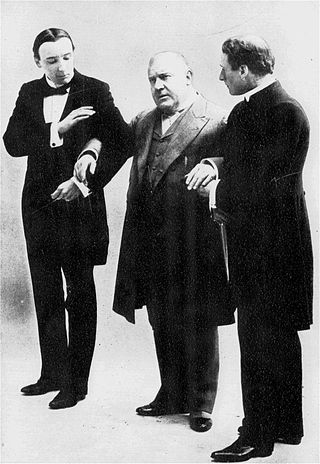
The Admirable Crichton is a comic stage play written in 1902 by J. M. Barrie.
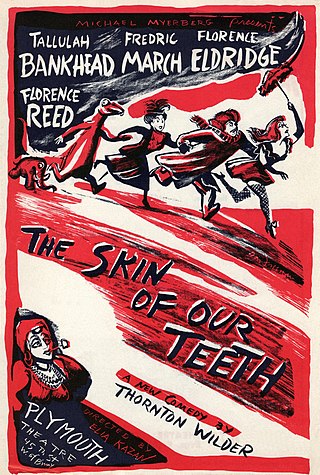
The Skin of Our Teeth is a play by Thornton Wilder that won the Pulitzer Prize for Drama. It opened on October 15, 1942, at the Shubert Theatre in New Haven, Connecticut, before moving to the Plymouth Theatre on Broadway on November 18, 1942. It was produced by Michael Myerberg and directed by Elia Kazan with costumes by Mary Percy Schenck. The play is a three-part allegory about the life of mankind, centering on the Antrobus family of the fictional town of Excelsior, New Jersey. The epic comedy-drama is noted as among the most heterodox of classic American comedies — it broke nearly every established theatrical convention.

Una O'Connor was an Irish-born American actress who worked extensively in theatre before becoming a character actress in film and in television. She often portrayed comical wives, housekeepers and servants. In 2020, she was listed at number 19 on The Irish Times list of Ireland's greatest film actors.

Arsenic and Old Lace is a play by American playwright Joseph Kesselring, written in 1939. It has become best known through the 1944 film adaptation starring Cary Grant and directed by Frank Capra.

John Paton Laurie was a Scottish stage, film, and television actor. He appeared in scores of feature films with directors including Alfred Hitchcock, David Lean, Michael Powell and Laurence Olivier, generally playing memorable small or supporting roles. As a stage actor, he was cast in Shakespearean roles and was a speaker of verse, especially of Robert Burns. He is perhaps best remembered for his role in the sitcom Dad's Army (1968–1977) as Private Frazer, a member of the Home Guard.
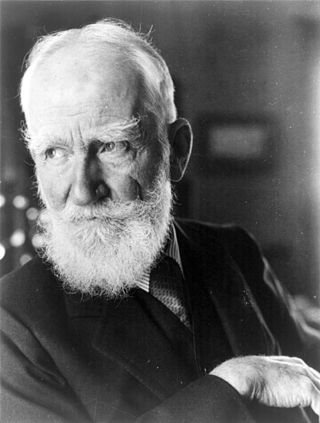
Heartbreak House: A Fantasia in the Russian Manner on English Themes is a play written by George Bernard Shaw, first published in 1919. The English language premiere was at the Garrick Theatre in November 1920. According to A. C. Ward, the work argues that "cultured, leisured Europe" was drifting toward destruction, and that "Those in a position to guide Europe to safety failed to learn their proper business of political navigation". The "Russian manner" of the subtitle refers to the style of Anton Chekhov, which Shaw adapts.

Ernest Clark MC was a British actor of stage, television and film.
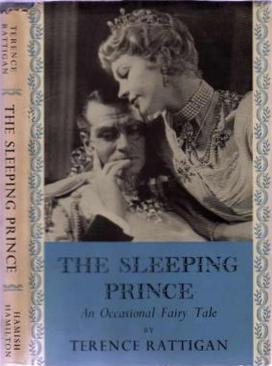
The Sleeping Prince: An Occasional Fairy Tale is a 1953 play by Terence Rattigan, conceived to coincide with the coronation of Elizabeth II in the same year. Set in London in 1911, it tells the story of Mary Morgan, a young actress, who meets and ultimately captivates Prince Charles of Carpathia, considered to be inspired by Carol II of Romania.

Mona Lee Washbourne was an English actress of stage, film, and television. Her most critically acclaimed role was in the film Stevie (1978), late in her career, for which she was nominated for a Golden Globe Award and a BAFTA Award.

Basil Sydney was an English stage and screen actor.
Elizabeth Anne Seal is a British actress. In 1961, she won the Tony Award for Best Leading Actress in a Musical for her performance in the title role of Irma La Douce.

Robert Urquhart was a Scottish character actor who worked on the stage, for British television, and in film. His breakthrough role was Paul Krempe in The Curse of Frankenstein in 1957, along with Peter Cushing and Christopher Lee.
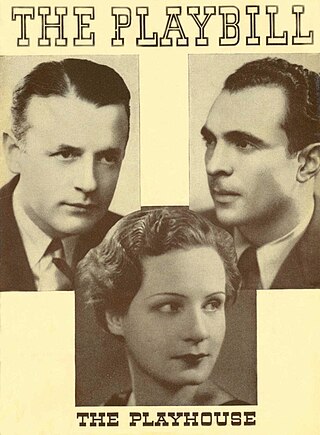
Three Men on a Horse is a three-act farce co-authored by John Cecil Holm and George Abbott. The comedy focuses on a man who discovers he has a talent for choosing the winning horse in a race as long as he never places a bet himself. Originally titled Hobby Horse by John Cecil Holm, Three Men On A Horse was a property controlled and produced by Alex Yokel, who reached out to Warner Bros. for financial assistance; Warners agreed to provide financing on the condition Yokel find someone to doctor the script and direct the Broadway production. George Abbott, the director, who had since 1932 directed and produced each of his Broadway productions, immediately saw the potential and rewrote the script and agreed to direct if he received co-author credit and split the author's royalties with Holm. Abbott wrote a third act, resulting in a new three-act play titled Three Men on a Horse.
Gerald Douglas Savory was an English writer and television producer specialising in comedies.
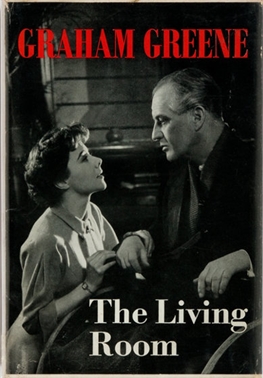
The Living Room is a 1953 play by Graham Greene
The Gateway Theatre was a Category C listed building in Edinburgh, Scotland, situated on Elm Row at the top of Leith Walk.
The Burning Glass is a 1954 dramatic play by Charles Morgan.
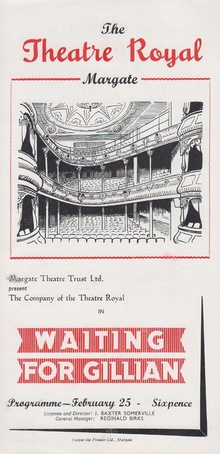
Waiting for Gillian is a 1954 play by the English writer Ronald Millar. It is based on the 1951 novel A Way Through the Wood by Nigel Balchin.

Jack Whiting was an American actor, singer and dancer whose career ran from the early 1920s through the late 1950s, playing leading men or major supporting figures.















